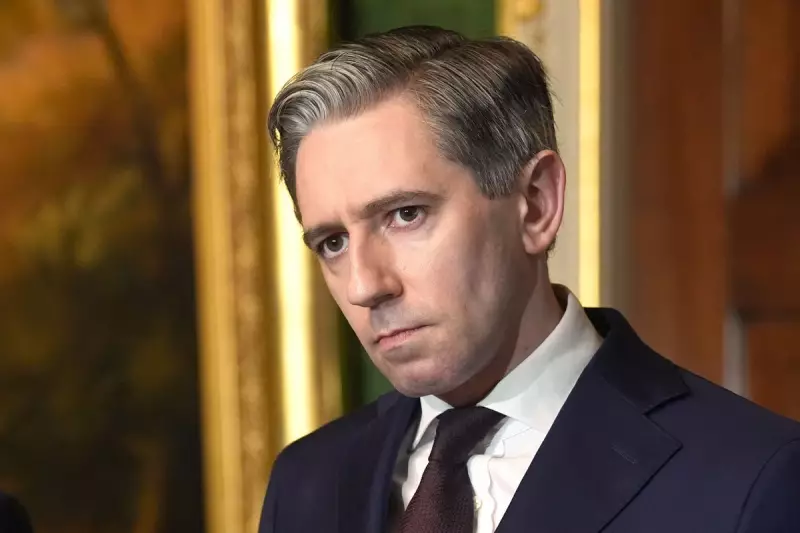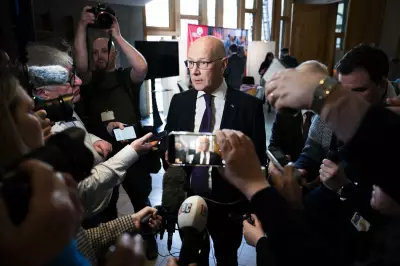
A senior Irish government minister was unexpectedly turned away from a Belfast hotel in an incident that has raised eyebrows in diplomatic circles and prompted concerns about potential political motivations.
Irish Minister for Integration Roderic O'Gorman found himself without accommodation during a planned visit to Northern Ireland when a Belfast hotel refused to honour his booking. The Green Party politician had been scheduled to speak at a conference in the city when the unusual situation unfolded.
Official Response from Dublin
The Irish government has confirmed the incident took place and expressed serious concerns about the circumstances surrounding the refusal. A spokesperson for the Department of Foreign Affairs stated they are treating the matter with appropriate seriousness given the minister's position and the potential implications for cross-border relations.
While the specific hotel involved has not been officially named, sources indicate the establishment is located in central Belfast and had previously confirmed the minister's reservation.
Questions Over Political Motivations
The timing and nature of the refusal have led to speculation about whether political considerations played a role in the decision. As a prominent member of Ireland's coalition government, Minister O'Gorman's work frequently involves sensitive cross-border matters and integration issues.
Northern Ireland Secretary Chris Heaton-Harris has been briefed on the incident, with Dublin expecting the UK government to address what they view as a concerning development in cross-border cooperation.
Broader Implications
This incident comes at a delicate time for UK-Ireland relations, with ongoing discussions about post-Brexit arrangements and the implementation of the Windsor Framework. The treatment of a serving government minister from a neighbouring country has raised questions about the practical realities of political cooperation across the Irish border.
The hotel's decision to refuse accommodation to Minister O'Gorman has sparked debate about whether this represents an isolated administrative error or reflects wider tensions in the complex political landscape of Northern Ireland.





